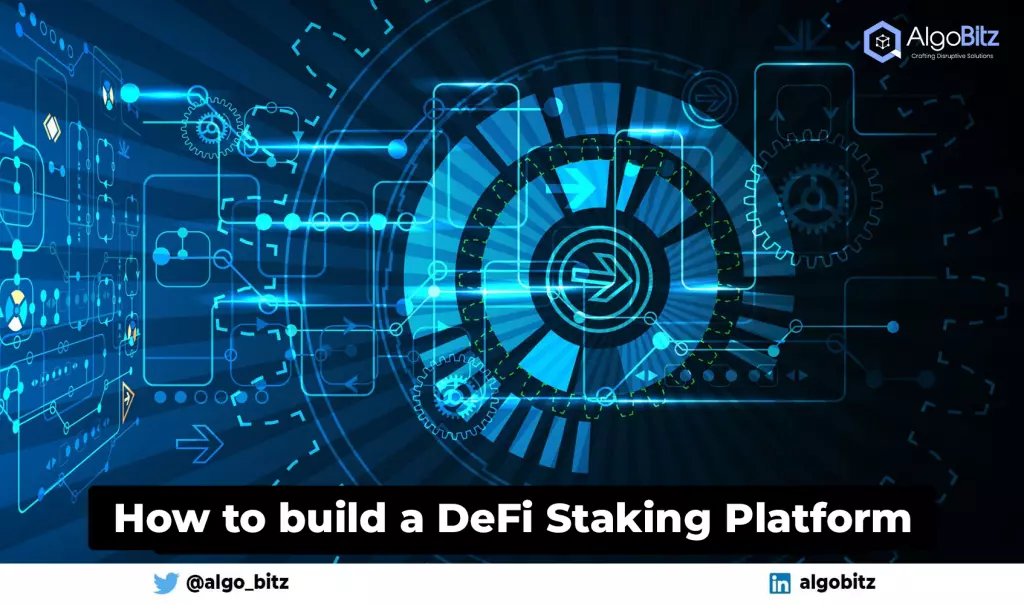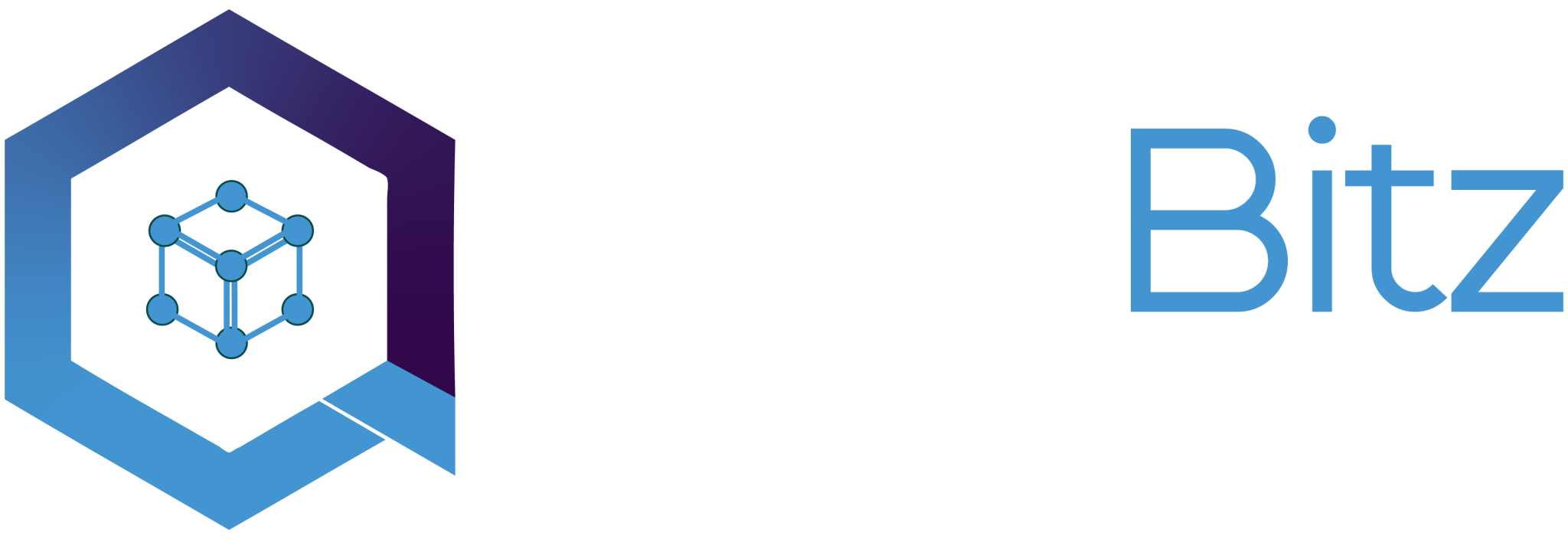Decentralized Finance has taken over the world ever since the pandemic struck. Progressively, it is changing the way people interact with money. But what does DeFi staking mean?
DeFi staking is a method of earning money by serving as a transaction validator on a DeFi Platform. It has quickly become one of the most popular themes on the DeFi Market, allowing cryptocurrency investors to earn passive income by staking their digital assets.
How is a DeFi staking platform beneficial?
Our relationship with money is evolving by the day, and with every changing form of money benefits are simultaneously added. DeFi staking offers all of the advantages of decentralization, including improved visibility, fewer mediators, reduced transaction costs, etc. Furthermore, this method of passive earning is safer because the DeFi system is managed by self-executing smart contracts and enabled by blockchain.
Staking is regarded as the holding or locking tokens in a smart contract. Also, the user will have the power to vote on whether any transactions should be conducted based on the stakes locked.
How to build a DeFi staking platform?
Defi staking appears to have a promising and long-term future, but the question arises, how to build one?
1.Outline/Discovery Phase
The project discovery phase is the first step in developing the DeFi staking platform. It enables everyone to have a general understanding of the project’s goals and needs, as well as reduce risks and costs. In this phase, topics such as the project’s goals, intended audience, adversaries, functional and non-functional needs are established. The discovery phase assures that the customer and the development team share the same project scope.
2. UI/UX Design
You’ll need the support of seasoned individuals that have worked with DeFi platforms to ensure a higher user interface and create a unique UX/UI design. The UX platform is quite critical and is one of the decentralized apps’ shortcomings. Take the effort to build basic navigation that will assist users in completing tasks swiftly. The best thing about developing the UX/UI of a staking software is that the space almost beckons for fresh ideas. So, you can be as innovative as you want and create the platform on your terms.
3. Smart Contracts and DeFi Integrations
One of the most challenging aspects of the DeFi staking platform development process is the generation of smart contracts. It is where you’ll find all of the logic that determines how your platform works. Any DeFi product’s reliability is inherently reduced by weak architecture and faults in smart contracts. Make sure you’re working with professional blockchain engineers who can deliver high-quality code.
Although DeFi protocols are reasonably simple to integrate, developers must ensure that they are functional and that the integrations do not compromise security.
4. Development
After establishing, developers begin to implement the user interface design using the frameworks that are most suited for the project’s needs.
Non-blockchain software for users staking bitcoin assets is very similar to developing mobile or web apps for customers staking cryptocurrency assets. The only variation is that these apps will have to link to smart contracts rather than APIs on centralized servers.
5. Testing
Before introducing a product to the market, QA specialists do all of the required tests to ensure that the app is secure, and fulfills optimal performance standards. It is always advisable to conduct smart contract audits. In the audit, experts examine the code, look for flaws, and improve the protocol.
With benefits brimming to the top, DeFi staking is increasing in popularity. Although the DeFi sector is growing in prominence, we are still far from the pinnacle. This passive earning on crypto-assets lures an increasing number of investors. DeFi staking platform development is flourishing and can be seen as having a bright future in the decentralized finance sector.





